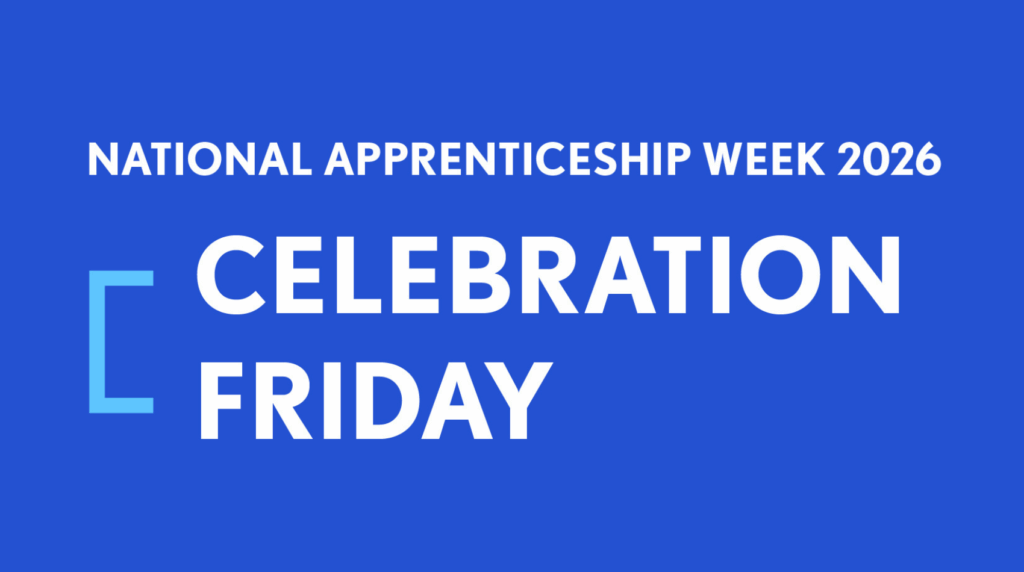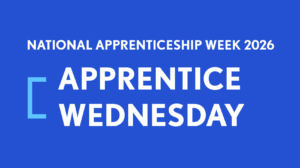Management - 2 Minute Read
How to overcome the fear of changing jobs
Andrew Steel,
IT, Website & Marketing Manager
12th July 2021
How to overcome the fear of changing jobs – Advice from Kiwi
Changing careers can be so much work the process itself can put you off.
Whether your looking to transition into a similar role with a new employer or planning a major change of field changing jobs makes many professionals feel a little fearful. The pressure of the unknown can lead you to question your decision especially when you have responsibility outside of work in your life.
New positions mean new environments, colleagues and expectations that require many adjustments for us to succeed. If you’re looking to overcome a fear of changing jobs, you might benefit from learning about alternative ways to think about the next steps in your career. In this blog post, we review why people commonly fear changing jobs. and offer a few tips for feeling less worried and more excited about the challenges ahead of you.
Why do people have a fear of changing jobs?
Most people enjoy the feeling of comfort that comes from understanding their environment, we get used to what’s normal around us (we settle in). Knowing how things roll in a workplace, how things work and function, who you can go to for help and the way a company’s culture works, put you at ease. This allows you to feel less tense or worried about doing something wrong.
Changing jobs is a lot more than just changing your job title. A new position requires learning how a different organization operates, how its employees interact and how you can become a successful member of a new professional community this can be off-putting.
However if we are truly grow as people, we have to push ourselves outside our usual comfort zone!
So, what do we advise?
Redirect your fears.
Try to redefine your fears as motivators.
Redefine fears you can overcome as opportunities for growth and develop strategies to make progress.
For instance, if a major fear of yours is interviewing, ask a friend to help you practice or write out the points you would include when answering possible questions.
Write down your concerns.
You may gain several valuable insights about your fears, such as:
You have relatively few of them: You might discover that two or three worries directly cause your fearfulness. With a better understanding, you can create a more targeted plan for addressing them.
They’re mostly irrational: Seeing your fears written out might change your perception of their validity. You may feel encouraged by recognizing that most of your fears have little or no chance of becoming realities.
They’re manageable: You might associate changing jobs with activities that are challenging for you, such as writing a solid resume. However, putting your fears into words might help you see you can take specific actions.
Practice engaging fear.
Take small steps to face your fears individually.
Changing jobs might seem more intimidating if it’s one of the few times you actively engage in something uncomfortable.
Consider if there are activities you can try to develop greater openness to new experiences.
When it’s time to send out your resume, you might feel more prepared for the job search.
Remain focused at your current position.
Focus on building yourself up, take steps in your current role that would make you a better fit for your next position.
Changing jobs might seem more intimidating if it’s one of the few times you actively engage in something uncomfortable. Consider if there are activities you can try to develop greater openness to new experiences.
When it’s time to send out your resume, you might feel more prepared for the job search.
Research the opportunities that interest you.
You can directly resolve some fears about a future work environment with research. For instance, if you’re concerned about fitting in with new colleagues or adjusting to a company’s culture, you can use professional social networks and company review sites to understand better who you’d work with and how the workplace operates. Former and current employees often provide honest insights on these forums that detail what you can expect, reducing the uncertainty that leads to fearfulness.
Seek professional advice.
There are various professional resources to assist with the challenges of changing jobs. Depending on what primarily causes your fears, you might seek:
Changing jobs might seem more intimidating if it’s one of the few times you actively engage in something uncomfortable.
Career counselling: Career counsellors have the expertise to help guide you through changing jobs. They can answer your questions about different roles and direct you to resources that can improve your resume, qualifications and overall likelihood of securing an offer.
Informational interviews: Seek advice from industry professionals who are already experts in their field. They can provide you with the most relevant and current answers to your questions and help you better understand what a new professional role would be like.
Develop your skills with further training.
A common job change fear is that you would struggle to meet expectations in a new role. Most jobs require learning some new skills or information for success.
However, by carefully reviewing the duties listed in job descriptions relevant to your search, you can identify skills you already have, those you don’t and those you might further develop to become a better candidate.
By actively preparing for a change of jobs, you empower yourself to have some control over the situation and minimize the difficulties that typically characterize starting a new role.
If you require any more information or would like any more advice about changing job roles.
Get in touch, we would love to hear from you!
Call us on – Tel: 02380 170380.
Or email us on – Hello@Kiwieducation.co.uk
Employers
Read More
Individuals
Available Courses
International
Our Partnerships


